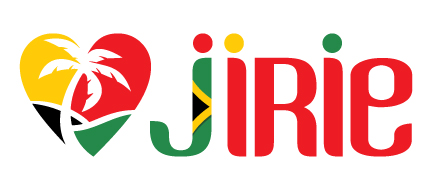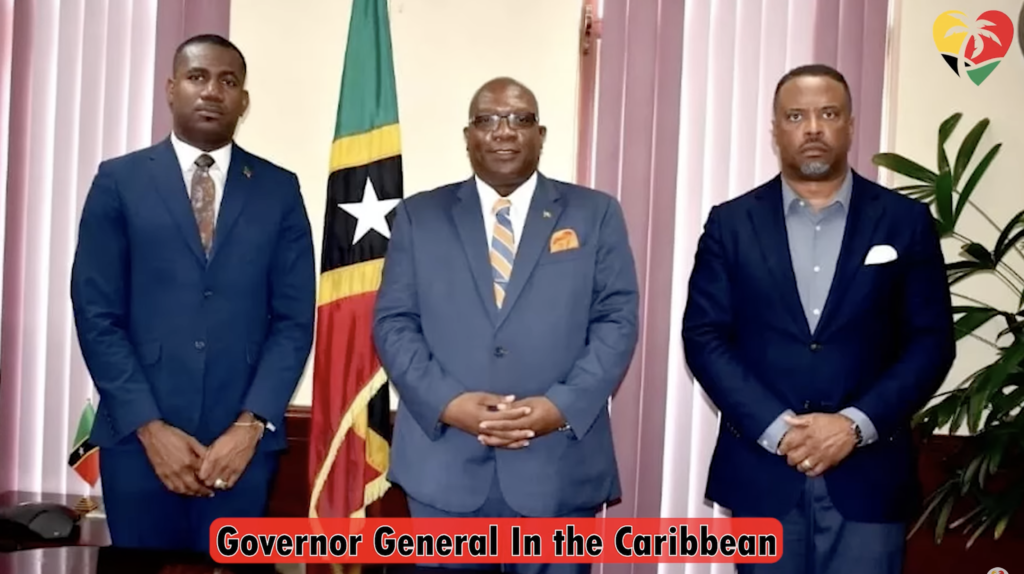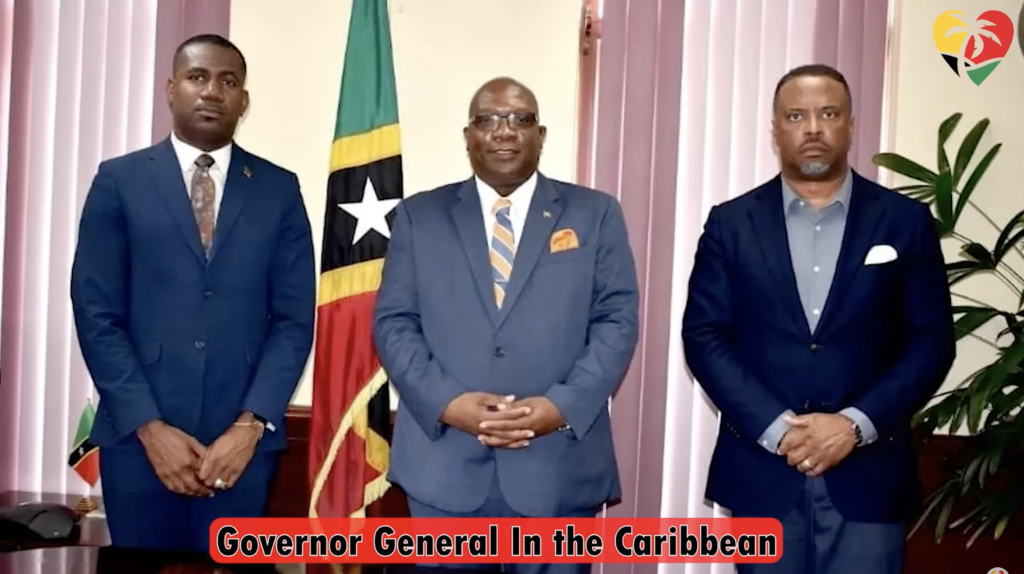
Let’s begin our inquiry into Governor Generals the place all issues begin, the previous. The History Behind Governor Generals is intertwined with the period of colonialism and the growth of European powers throughout the globe. As you might know, through the sixteenth to nineteenth centuries, European nations established colonies not solely within the Caribbean however all around the world, extending their affect and management over these territories. To govern these abroad possessions, the colonial powers appointed people often called Governor Generals.
The idea of a Governor General emerged as a way to train authority on behalf of the monarch or ruling energy within the distant colonies. These people had been entrusted with important government and administrative powers to manipulate the territories, preserve management, and implement the insurance policies and legal guidelines of the colonizing nation. In easy phrases, Governor Generals had been the monarch’s representatives in these territories, and as such had full say within the affairs of those territories below the path of the King or Queen.
Governors Generals performed an important function in shaping the social, political, and financial buildings of the colonies. They established governance programs, carried out insurance policies, and managed commerce and sources in accordance with the pursuits of the colonizing nation. These people exercised important energy and affect over the native inhabitants, typically with restricted enter or illustration from the colonized communities.
As the colonial period drew to a detailed and territories fought and attained independence, the function of Governor Generals modified. While the function of the Governor General various barely from nation to nation as they gained independence, for individuals who wished to keep up a parliamentary democracy, the place of Governor General reworked into that of a constitutional figurehead or consultant of the monarch within the newly unbiased nations.
Republic vs Parliamentary Democracy
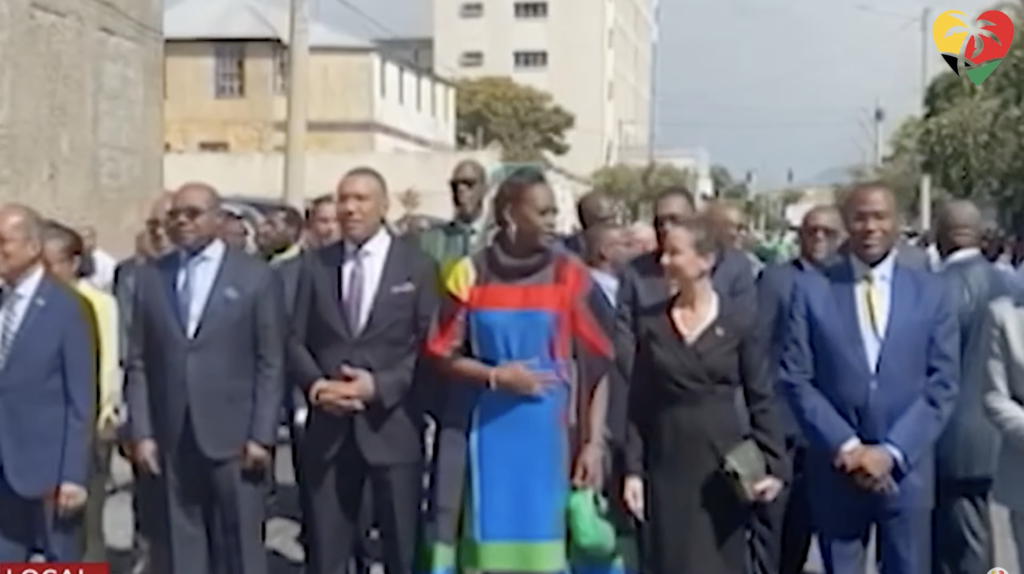
But you might ask, if Governor Generals are a monarch’s consultant in a territory, why are there nonetheless Governor Generals in commonwealth nations? When nations grew to become unbiased, ought to they haven’t gotten rid of Governor Generals? This is an effective level, which leads us to the second level, The distinction between a Republic and a Parliamentary Democracy.
When nations had been on the precipice of independence, a very powerful query they needed to ask is what kind of governmental system they needed. The two commonest choices had been to both develop into a republic or a parliamentary democracy. While each programs attempt to uphold democratic values, they differ in key points.
In a Republic, the top of state is often an elected official, equivalent to a president, who holds a separate and unbiased place from the federal government. The president represents the nation and workouts important ceremonial and government powers. They might function a unifying figurehead, symbolizing the nation’s values and aspirations. The president’s function is commonly outlined by a structure, which outlines their powers and tasks, they usually could also be elected immediately by the folks or not directly by means of an electoral faculty or parliamentary vote.
On the opposite hand, a Parliamentary Democracy has a unique association. In this method, the top of state is commonly a monarch or a figurehead with restricted powers, equivalent to a constitutional monarch or, you guessed it, a Governor General. In the Caribbean, this Governor-General is appointed by the Monarch, most lately King Charles III in session with the Prime Minister. But in fashionable instances, that is only a formality, because the Monarch at all times agrees to the suggestion put forth by the Prime Minister. The function of the top of state is once more largely ceremonial, representing continuity and custom. At the identical time, the political energy is vested within the elected parliament which elects a Prime Minister to function head of presidency.
In a Parliamentary Democracy, the chief energy is exercised by the federal government, which within the Caribbean is a Prime Minister. The prime minister is often the chief of the bulk social gathering or coalition within the parliament and they’re accountable for forming the federal government, implementing insurance policies, and making day-to-day selections on behalf of the nation.
While each Republics and Parliamentary Democracies uphold democratic rules, they differ by way of the distribution of energy and the function of the top of state. A Republic emphasizes the election of a separate head of state with important government powers, whereas a Parliamentary Democracy locations extra authority within the elected parliament and Prime Minister, and has a head of state which is way more ceremonial.
What is the Role of the Governor General Today
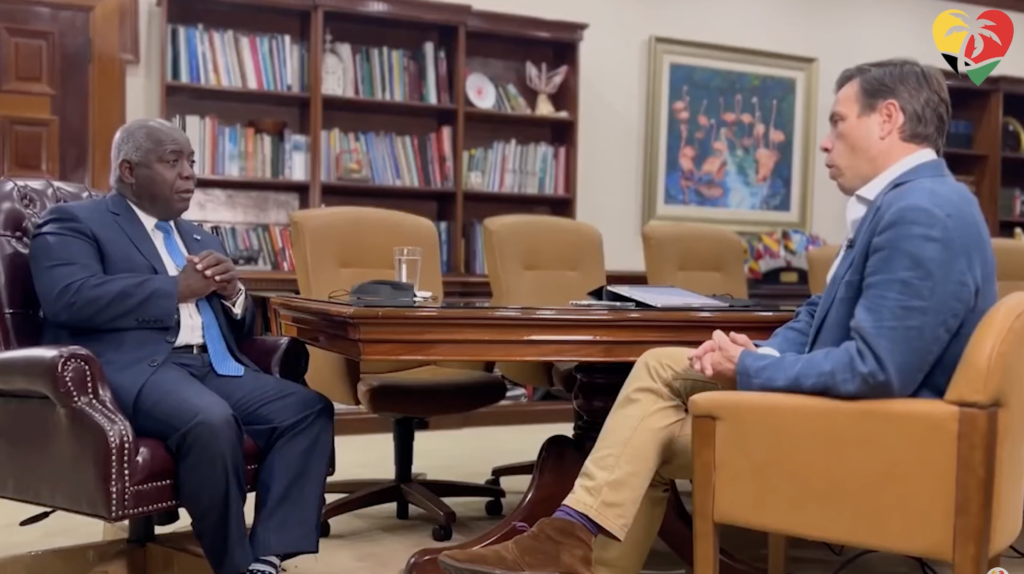
So as you possibly can see, some Caribbean nations went down the trail of parliamentary democracies and thus preserve the place of Governor General in their governmental buildings. But that begs the query, What is the function of a Governor General today?
Well, in fashionable instances, the function of a Governor General is multifaceted, encompassing a variety of tasks that contribute to the functioning of the state. While the precise duties might differ between nations, a number of key points outline the function of a Governor General in at present’s context.
At its core, the function of a contemporary Governor General is to function the top of state, typically because the consultant to a monarch. They carry out a big selection of ceremonial duties, including a contact of grandeur and custom to necessary occasions and events. Whether it’s opening and shutting periods of parliament, attending state dinners, receiving international dignitaries, or bestowing honors and awards, the Governor General’s presence lends an air of dignity and solemnity to those proceedings.
But past their ceremonial function, the Governor General additionally performs an important half within the functioning of the federal government and has severe powers. They are seen as a constitutional safeguard, guaranteeing that the federal government operates throughout the boundaries set by the Constitution. Easily the largest energy fashionable Governors-General maintain is the flexibility to grant royal assent to laws, which signifies the official approval of legal guidelines handed by the parliament. While this energy is often exercised on the recommendation of the elected authorities, it serves as a ultimate test and stability, guaranteeing that legal guidelines align with the Constitution and the most effective pursuits of the nation.
Additionally, the Governor General typically acts as a non-partisan determine, providing neutral recommendation and steerage to political leaders. They might present insights and views on necessary issues, drawing from their in depth information and expertise. Their function additionally extends to representing the nation internationally, attending state visits, and collaborating in diplomatic engagements. By doing so, they strengthen diplomatic relations and promote goodwill between nations.
In performing these duties, a Governor General operates throughout the framework of the parliamentary democracy. This signifies that whereas they could possess sure powers, the final word authority rests with the elected authorities and the parliament. While the function of a contemporary Governor General carries a way of custom and historic significance, it has tailored to the wants and dynamics of latest governmental programs.
Debates round Governor Generals
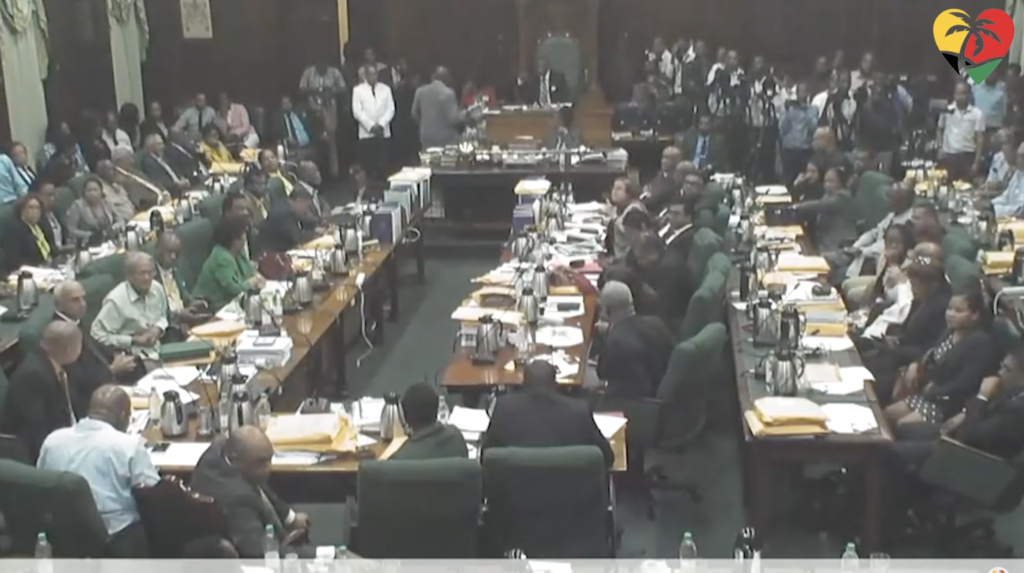
Where there’s a distinction, debates are certain to observe, and the identical might be stated in regards to the function of a Governor General and their place in fashionable Caribbean affairs. These debates primarily revolve across the necessity and relevance of getting Governor Generals in up to date governance programs.
The greatest level introduced forth by these towards having a Governor General is whether or not a rustic might be really an unbiased democracy if a non-elected, monarchial particular person is chosen to function the top of state. They argue two factors. The first is that true independence signifies that all ties to colonial remnants must be severed and the second is that no place in a democracy must be appointed, however elected. They contend that positions like Governor Generals, based mostly on political appointments, don’t replicate the desire of the folks and if Governor Generals can reject legal guidelines made by elected MPs, then the system is essentially flawed.
The potential for abuse of energy can also be a priority raised by these skeptical of the Governor General’s function. While the place is often non-partisan, there have been situations the place Governors-General have overstepped their constitutional authority or have been concerned in controversies. Such incidents elevate doubts in regards to the potential dangers and lack of accountability related to vesting important powers in a single particular person, significantly when they aren’t immediately accountable to the citizens.
On the opposite hand, proponents of sustaining Governor Generals put forth arguments in assist of the place. They emphasize the symbolic and unifying function that Governor Generals can play. As representatives of the monarch or the state, they’ll act as a figurehead, embodying the nation’s historical past, traditions, and values. Governor Generals can function an emblem of stability and continuity, fostering nationwide satisfaction and unity.
Another argument in favor of Governor Generals is their potential as constitutional safeguards. They can present a test and stability mechanism by guaranteeing that the federal government operates throughout the confines of the Constitution. Governor Generals have the facility to grant or withhold consent to laws, stopping potential abuses of energy by the chief department. This function permits for the safety of democratic rules and the preservation of the rule of legislation.
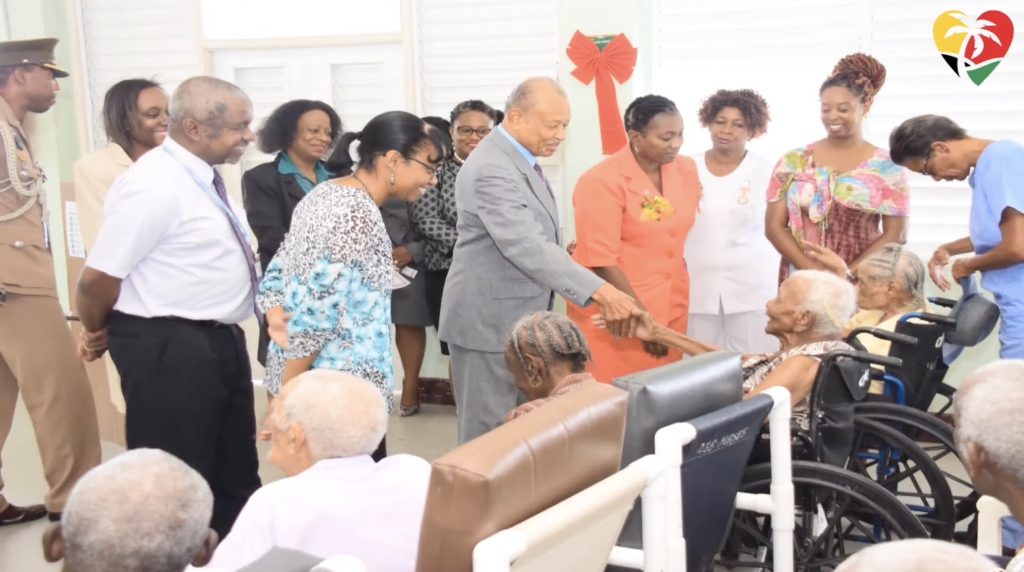
Furthermore, if there’s a fear of exterior meddling in authorities will by a Governor General, there are provisions within the structure to take away them. Their sentiment is, if the system at present works, let it work.
But there may be by no means a transparent reply to those debates. Like many political and authorities buildings, they’re execs and cons of every answer and a compromise will at all times must be discovered. The debates surrounding Governor Generals proceed to form discussions on the character of governance and the construction of government energy in several the Caribbean.
Most lately Barbados determined to make that change when it modified from a parliamentary democracy to a republic, eradicating the title of Governor-General to have it changed by a President. But the identical individual remained and their function remained the identical. However, these arguments put forth by each proponents and critics contribute to an ongoing dialogue in regards to the acceptable function and relevance of Governor Generals in fashionable democratic programs.
So as you possibly can see, the function of the Governor General in Caribbean politics holds important significance within the post-colonial period. While they often symbolize nationwide unity and continuity, finishing up ceremonial duties that add a way of grandeur to necessary occasions. They additionally function a constitutional safeguard, guaranteeing that the federal government operates throughout the confines of the Constitution and defending democratic rules. Their impartiality and non-partisan standing allow them to supply steerage and foster political stability.
However, ongoing debates surrounding the Governor General’s function persist, significantly their connection to the Monarchy. Opponents rightfully ask, as a result of Governor Generals are appointed by a King or Queen of one other sovereign nation, can any system which has Governor Generals be really unbiased? As increasingly more Caribbean nations navigate these questions by flirting with the thought of changing into a republic as a substitute, they have to strike a stability between identification, custom, constitutional oversight, and the evolving calls for of democratic governance.
